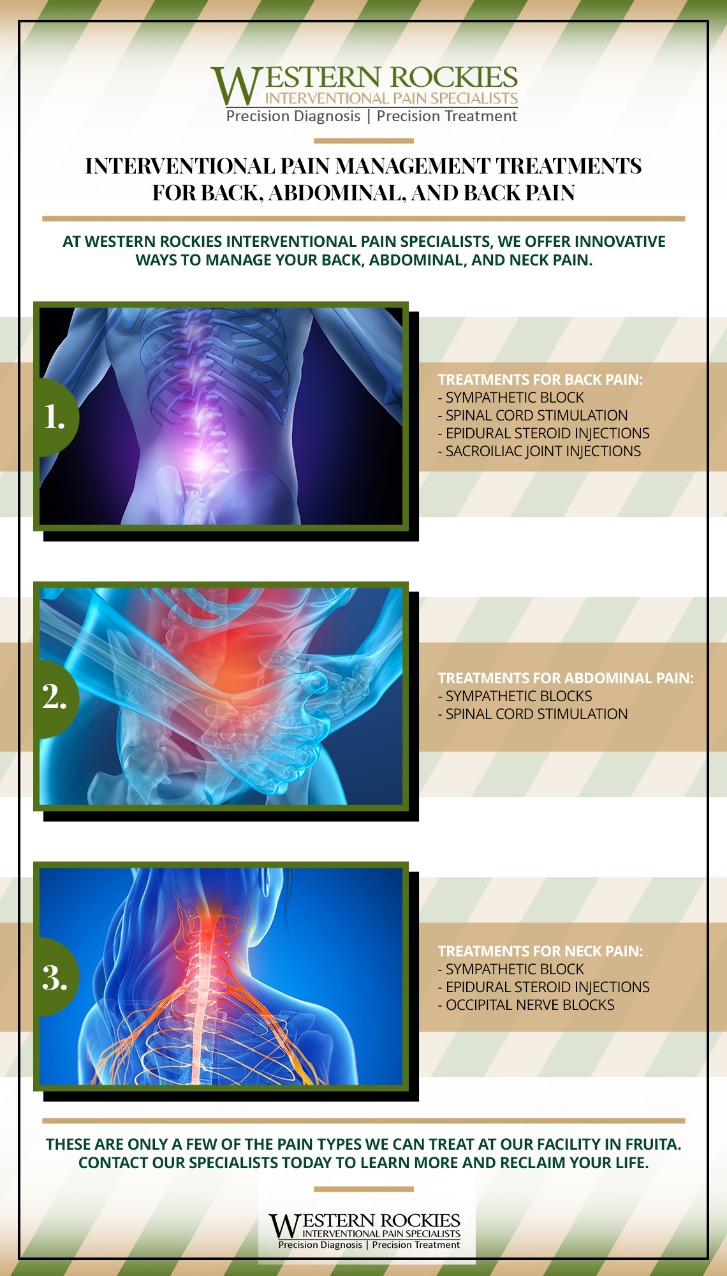The Role of Interventional Pain Management in Chronic Pain Treatment

Chronic pain can significantly impact a person’s quality of life, making everyday tasks difficult and affecting mental well-being. Fortunately, medical advancements have led to the development of various treatments to help manage chronic pain effectively. One of these advancements is interventional pain management.
What is Interventional Pain Management?
Interventional pain management refers to a multidisciplinary approach to managing pain, utilizing minimally invasive procedures to target the source of pain directly. These procedures are typically performed by interventional pain specialists who have specialized training in pain management techniques.
Read more about interventional pain management specialist here.
Types of Interventional Pain Management Techniques
There are several common interventional pain management techniques used to treat chronic pain, including:
- Epidural Steroid Injections: Administered into the epidural space around the spinal cord to reduce inflammation and alleviate pain.
- Facet Joint Injections: Used to diagnose and treat pain arising from the facet joints of the spine.
- Radiofrequency Ablation: Utilizes radiofrequency energy to disrupt nerve signals and provide pain relief.
- Sacroiliac Joint Injections: Targets the sacroiliac joint in the lower back to reduce pain and improve mobility.
These techniques can provide significant relief for individuals suffering from chronic pain conditions such as arthritis, sciatica, and herniated discs, among others.
Benefits of Interventional Pain Management
Interventional pain management offers several benefits for patients, including:
- Minimally invasive procedures with fewer risks and complications compared to surgery.
- Targeted treatment that addresses the root cause of pain rather than just masking symptoms.
- Improved pain relief and functional outcomes, allowing patients to resume normal activities.
- Reduced reliance on pain medications, decreasing the risk of addiction and side effects.
Overall, interventional pain management can be an effective solution for individuals struggling with chronic pain, providing long-lasting relief and improving their quality of life.




Leave a Reply